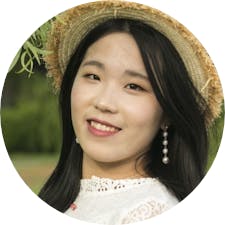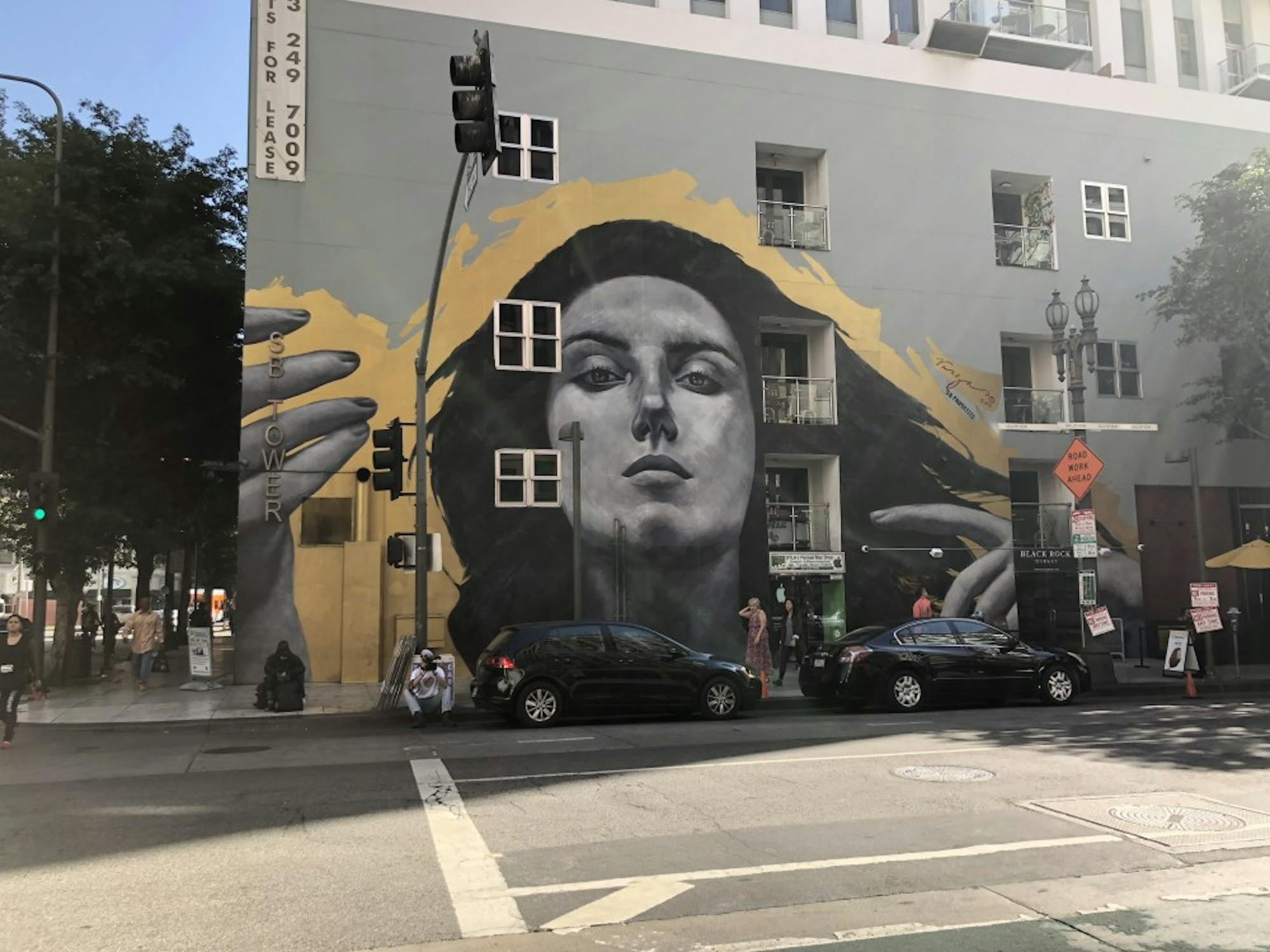This year, the College’s art history department will undertake a widespread effort to promote experiential learning and shift away from lecture-format classes, according to art history department chair Allen Hockley. Hockley stated that the renovation of the Hood Museum and the resources it will bring will “make a huge difference” in contributing to the changes. Hockley also noted that the department plans to increase its diversification efforts.
“The department is trying very hard to diversify its [topics], media and faculty members,” art history professor Sunglim Kim said. “[Many] colleges usually have one professor covering all of Asia … but Dartmouth is trying very hard to break the Western-oriented field.”
Hockley said that the shift away from western-oriented teaching is unavoidable.
“The global art market has dramatically changed, especially in the last 20 or 25 years,” he said. “Art from around the world gathers in biennials everywhere, every year, and it’s more visible than it’s ever been … We can’t ignore [diverse] art anymore.”
Multiple faculty members said that other arts departments such as the studio art department and the film and media studies department are having their own discussions on how to improve. Many share similar themes of expansion but in slightly differing areas.
For example, according to studio art professor Esmé Thompson, the studio art department’s objective is “to support and nurture the artistic aspirations of a variety of students.” She noted that the studio art department as a whole is moving toward improvements for diversity. However, the department plans to focus their diversity effort more on media and less in relation to subject matter or faculty like the art history department.
“[The department] has gone from being a small department supportive of students planning to go into architecture to a department with six areas: drawing, painting, printmaking, sculpture, photography, architecture,” Thompson said. “Art today crosses many boundaries and isn’t media specific. I think our department is helping students to think beyond limitations of genre.”
The film and media studies department’s media studies fellow Danielle Bonadona said the department is trying to make internal changes as well.
“There’s always talk about how we can grow or change, so right now it’s something that is talked about consistently,” she said.
According to Bonadona, the department’s discussion about potential change focuses on whether the classes will be more theory- or practice-based, how to expand infrastructure and how to optimize their resources to assist students.
Bonadona said she believed the department could benefit from taking a more production-based approach rather than theory-based approach to education. According to her, the theoretical-foundation approach, resources and student support are strengths of the department but are not enough for the department to become more competitive.
“The reality is that if you look at schools like [New York University], these programs are producing students who are competing at Cannes, Sundance and on a national level [that] we just aren’t at yet,” Bonadona said. “It doesn’t mean that we couldn’t be, but we’re just not there yet.”
Bonadona noted that this question is an ongoing discussion for the department, but she noted that there is not a solid consensus on the future direction of the department.
Bonadona also mentioned that collaboration between the arts departments is another goal.
“From my experience, I’ve been trying to really actively seek out relationships with [the other arts departments] … [and] most of the professors and staff that I’ve spoken to are all really supportive of each other and these [collaborative] ideas,” Bonadona said.
Anca Balaceanu ’20, who went on the film and media studies department’s Los Angeles Domestic Study Program this past winter term, echoed Bonadona’s criticisms about the department. According to Balaceanu, it is possible to major in film at Dartmouth without ever touching a camera.
“[We need] more production classes, [and] more internships and [funding for] people to go places; film [events] don’t happen in Hanover,” Balaceanu said. “If you want to work in film, you have to live in L.A., make connections and build on those connections.”
According to studio art major Bella Jacoby ’20, the studio art department’s areas of improvement — similar to the film & media studies department — include lack of opportunities to make professional connections.
“What has mainly been missing for me is connection to the outside art world,” Jacoby said. “As a student in rural New Hampshire, I feel like I don’t have a real connection to the art world … If that could be improved that would be huge.”
Furthermore, Jacoby commented on potential accessibility issues. She noted that the extra costs for materials in art classes may be prohibitive for some students. Jacoby also spoke about studio art’s focus only on art and not its connection to society.
“I often feel like as a discipline, studio art here feel sort of disconnected from social responsibility,” she said. “In [classes], we’re not talking about social issues, we’re not talking about how to make the world more inclusive.”
However, Balaceanu and Jacoby shared one aspect they found that Dartmouth’s art departments excel in: its faculty.
“I think the professors are [great],” Balaceanu said. “They’re very resourceful, [and] they know what they’re talking about.”
“I’ve noticed…that [the Studio Art department] really wants you to develop your interests in your art, [and] all the professors I’ve had have been really amazing,” Jacoby said. “I love my Dartmouth professors, pretty much all of them.”





